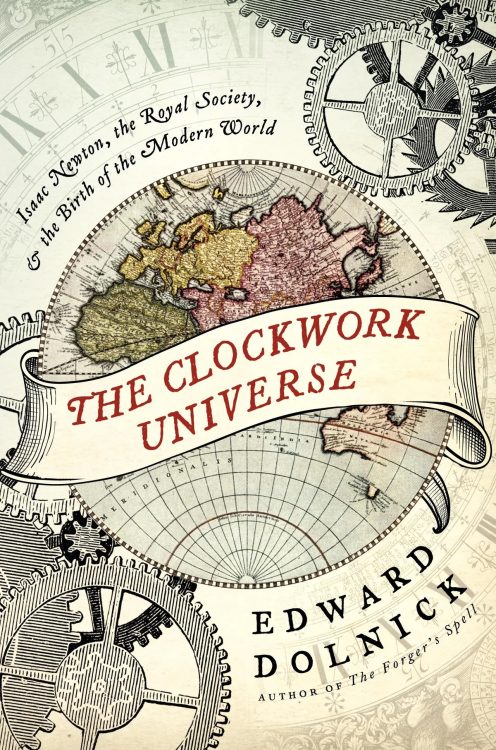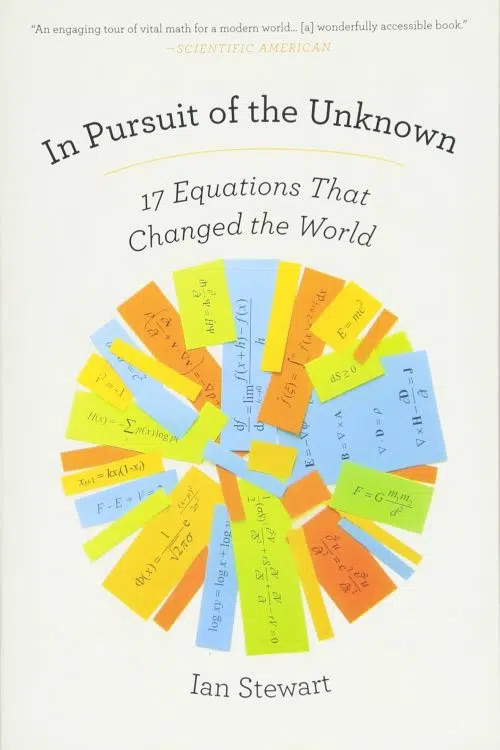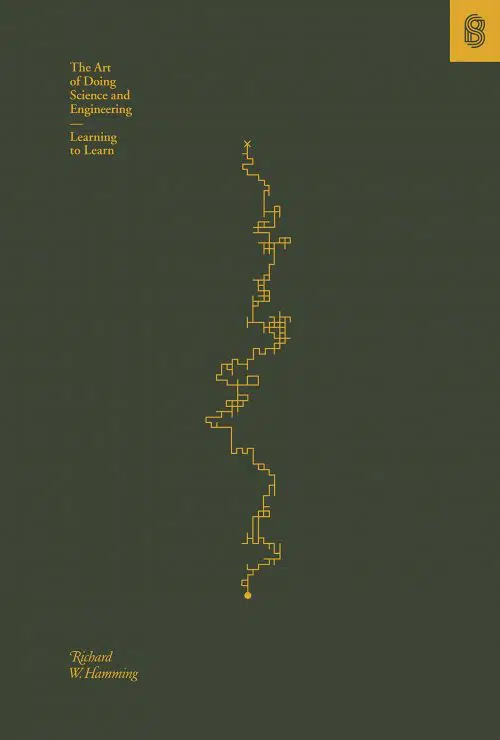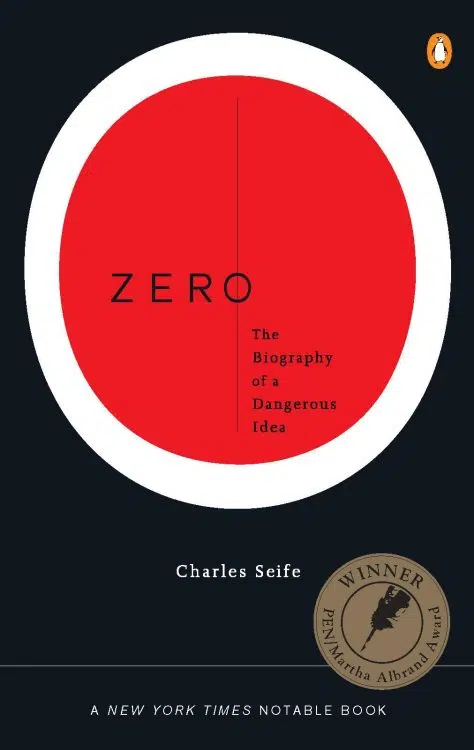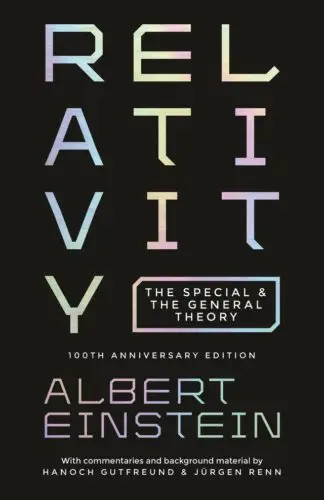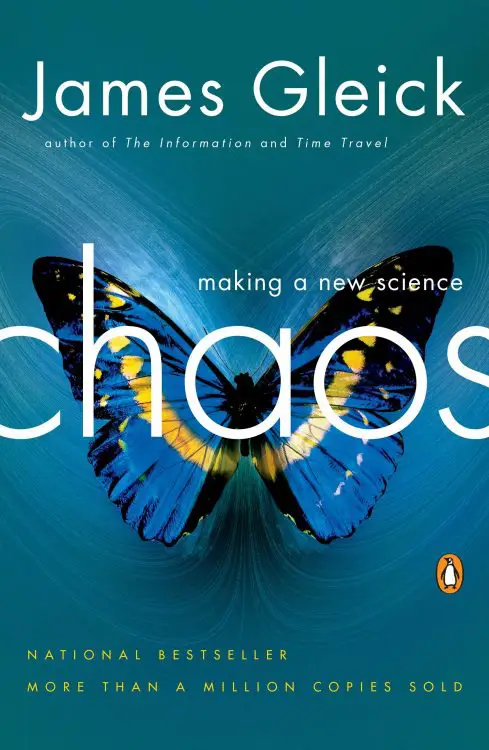In “Genesis,” Guido Tonelli, an award-winning particle physicist known for his integral role in the discovery of the Higgs boson, ventures beyond the confines of conventional science writing to explore the awe-inspiring narrative of our universe’s origins. This work is not just a book; it’s an odyssey that traces the cosmic ballet from the first moments of the universe’s existence to the complex emergence of life capable of pondering its own beginnings.
Tonelli’s approach to recounting the history of the universe is unique; he frames it through the lens of the seven days of creation found in the Book of Genesis. However, instead of resting on theological laurels, he uses this structure as a metaphorical scaffold to explore and expound the scientific underpinnings of our cosmos’s evolution. It’s a bold narrative choice that pays homage to our ancestral storytelling traditions while firmly rooting our understanding of the universe in scientific discovery and theory.
One of the book’s most compelling aspects is its ability to bridge the gap between complex physics and the curious mind of the lay reader. Tonelli translates the language of the cosmos from the mathematical and the abstract into the lyrical and the tangible. He talks of Hesiod’s Chaos and the multiverse theory with the same enthusiasm and clarity, guiding readers through high-level scientific concepts without losing the wonderment that characterizes our quest to understand the universe.
“Genesis” is not just a recounting of scientific milestones. It’s a testament to human curiosity and our relentless pursuit of knowledge. Tonelli does more than just describe the sequence of events leading from the Big Bang to the advent of human consciousness; he inspires awe for the natural processes and fortuitous accidents that have shaped our world. This book underscores the beauty of the universe’s complexity and the joy of discovering it piece by piece.
One potential critique could be that the ambition of covering such a wide expanse of time and theory in a relatively brisk narrative might leave readers wishing for deeper dives into specific moments or discoveries. However, this is also the book’s strength. It offers a panoramic view of our cosmic story, whetting the appetite for further exploration rather than exhausting the topics it touches.
“Genesis” excels in making the science of the universe accessible and deeply human. It’s an enlightening read that connects the dots between ancient myth and cutting-edge physics, revealing the threads that bind our past narratives to our present understanding. Through Tonelli’s eyes, we see the universe not just as a subject of study, but as a source of eternal fascination and inspiration.
In conclusion, “Genesis” is a beautifully written physics book to the human spirit’s unyielding drive to understand our origins. It’s an essential read for anyone who looks up at the stars and wonders not just what they are, but how they came to be. Guido Tonelli has crafted a work that transcends the boundaries of science literature, inviting readers of all backgrounds to ponder the profound questions that have propelled humanity’s greatest discoveries.


